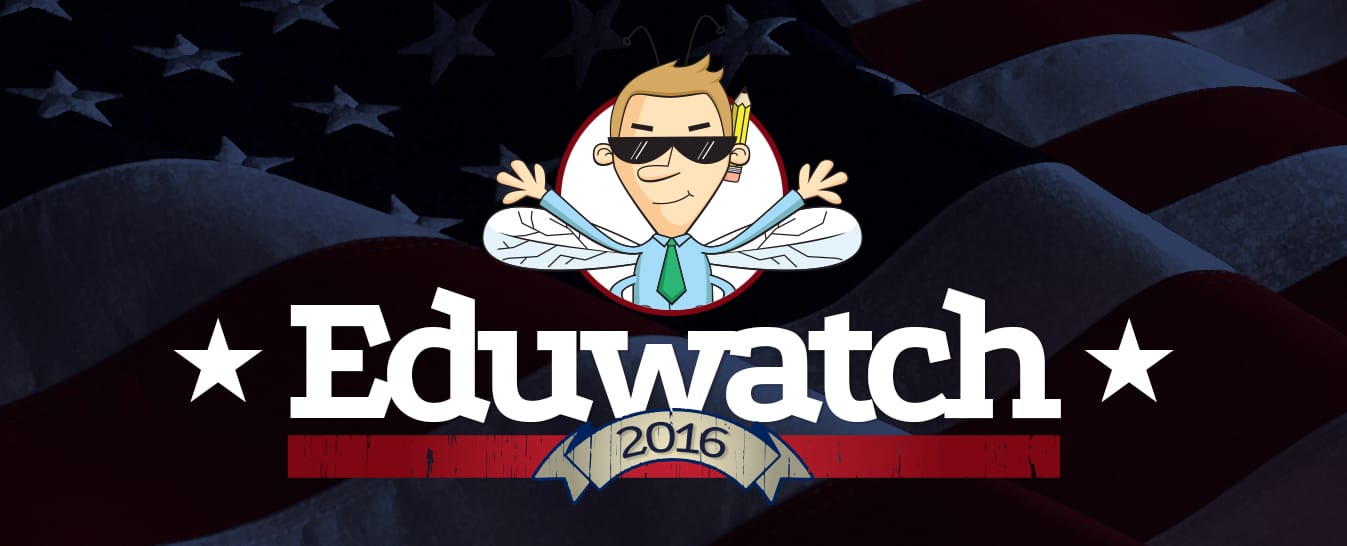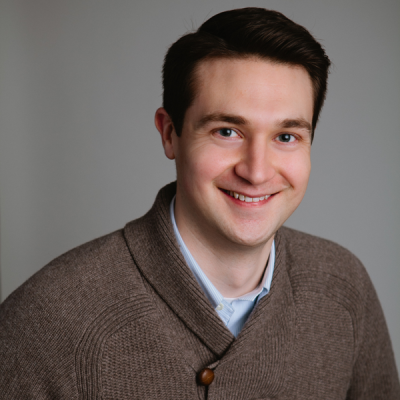
Editor's note: This post was first published on Flypaper on May 5, 2015.
Ben Carson announced yesterday that he’s running for president. The retired neurosurgeon has never held political office, but he was the first doctor to successfully separate twins conjoined at the head—so there’s that. He’s also the fifth subject in the Eduwatch 2016 series chronicling candidates’ stances on education.
Since his highly publicized speech at the 2013 National Prayer breakfast, Carson has become a popular figure among conservatives. This has afforded him many opportunities to share his views, and education is one of his favorite issues:
1. The importance of education: “Education is the fundamental principle of what makes America a success. It is the foundation of what truly makes our country ‘the Land of Opportunity.’” May 2015.
2. Common Core: “In recent years, there has been a troubling trend of the U.S. Department of Education increasingly trying to dictate how children are educated in our primary and secondary schools. This must stop and Common Core must be overturned.” May 2015.
3. School choice: “School choice obviously plays a huge role [in making American schools more competitive]. And I think having charter schools, having school vouchers, things of that nature are extremely good because, unless you're competing for those students, it's very likely you're going to become complacent.” April 2013.
4. Local control of education: “Education that is closest to home, local education, seems to be the most effective education. So I would tend to be much more in favor of education that is controlled at a state level and by local municipalities—and in which the parents have a much greater say about what is happening with their children.” January 2015.
5. Redistributive school funding: “If you happen to be in an affluent community, there’s a lot more money for the schools, better facilities, everything. All that does is perpetuate the situation....Wouldn’t it make more sense to put the money in a pot and redistribute it throughout the country so that public schools are equal, whether you’re in a poor area or a wealthy area?” April 2014.
6. Alternatives to traditional public schools: “The best education is the education that is closest to home, and I've found that for instance homeschoolers do the best, private schoolers next best, charter schoolers next best, and public schoolers worst." February 2015.
7. Returning American schools to greatness: “Our public schools used to be the envy of the world in the pre-1930s time. But remember in those times we spent a lot of emphasis on very basic education and we also taught values in our school system. Since we started becoming politically correct—and basically there are no values—and since we've started integrating everything else into the curriculum and not making the basic things that a person needs to know, giving it primacy, we're suffering the consequences of that.” April 2013.
8. Non-cognitive skills: “If we get back to the basics in education and we teach people to respect each other, even if they disagree...I think we will have taken a gigantic step toward getting back on the trajectory of success" April 2013.
9. The achievement gap: “We have two sets of people in education: those who are highly educated, who get the best of everything and do extraordinarily well—but that's a shrinking number—and then we have the masses.” April 2013.
10. Free community college: “There has been much talk recently about providing free community college education. First of all, it is only free if no one has to pay for it. It is not free if we rob Peter to pay Paul.” February 2015.
11. Need-based student aid: “Pell grants already exist to pay for community college expenses for needy students. For those who are not needy, there is an old-fashioned remedy that is very effective called work. In fact work might even be beneficial for those who are needy. It certainly provided some very valuable experiences for me.” February 2015.
***
Next up are editions for Carly Fiorina (who also announced yesterday), Rand Paul, Lincoln Chafee, and anyone else who decides to run.
Stay tuned.
____________
Read what Hillary Clinton, Marco Rubio, Ted Cruz, Bernie Sanders, Carly Fiorina, Mike Huckabee, Rand Paul, Jeb Bush, Rick Santorum, and George Pataki have said about education.

